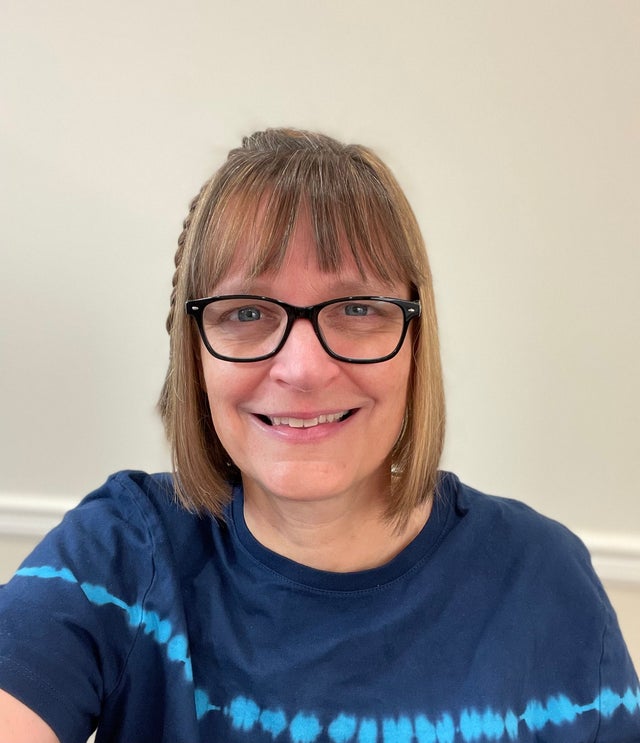 What words do you find most difficult to say in English? Speech Modification's Accent Reduction Technique (S.M.A.R.T.) focuses on the most frequently used words in English, as well as the business, technical and social words that you use the most. By practicing the things you actually say, you can change your speech more effectively and quickly. We want to hear from you! Tell us which words you find the most difficult, and we will provide recordings for you to practice these words. Choose from the list below, or add your own words. We'll help you say what you really want to say, and to say it correctly. Recordings will be added to this post as they are requested.
0 Comments
Your comment will be posted after it is approved.
Leave a Reply. |
Categories
All
Archives
May 2024
Have Questions?
Get A Free Consultation We offer a free 30-minute phone consultation. Schedule yours now. |
 RSS Feed
RSS Feed

